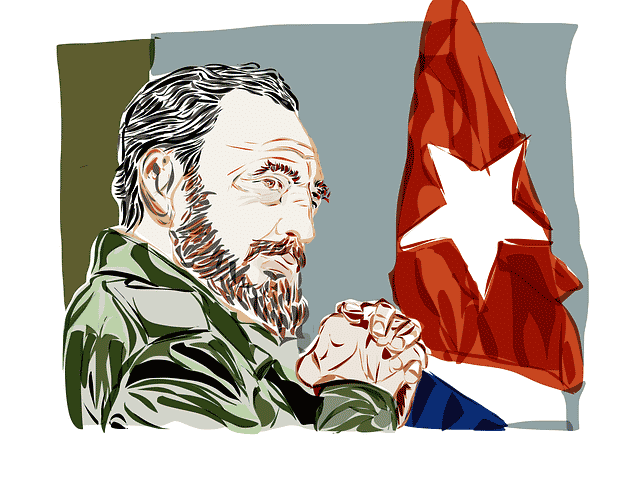
The Cuban Revolution proceeded to expropriate the assets of American citizens.
Expropriation is the action and effect of expropriating . This verb refers to the conduct developed by the public administration to deprive a person of the ownership of an asset (such as a house, a company or a factory) or a right , in exchange for compensation .
Expropriation is carried out under the pretext of social interest or public utility , which generally means that it is within the framework of the law . This does not eliminate the possibility, on the other hand, that the authorities commit abuses in this type of process.
Through expropriation, the ownership of a property passes from a private owner to the State . The transfer is coercive : the person does not apply as a seller, but rather the State orders the expropriation and establishes the conditions.
Forms of expropriation
The most common form of expropriation involves fair compensation to the expropriated subject. An example of expropriation occurs when the State decides to build a highway and must demolish houses for its layout: in that case, it needs to acquire said houses without their owners being able to refuse (doing so would prevent the construction of the road). To solve the problem, the authorities resort to expropriation.
On other occasions, the expropriation is carried out in a more violent or compulsive way and has ideological or political justifications. The Cuban Revolution , for example, expropriated the property of American citizens in Cuba in the 1960s and broke relations with the North American country. It should be noted that the limits and scope of expropriation depend on the legislation of each nation .

In 1938, the Mexican government announced the expropriation of oil.
The case of oil in Mexico
One of the most significant events in the history of Mexico in the 19th century is known as oil expropriation. In 1938, General Lázaro Cárdenas, then President of the Republic, summoned the media, especially the radio and the press, to make public his decision to legally appropriate the oil that, until then, was exploited by certain foreign companies . .
The oil from more than fifteen companies, among which were El Águila and Mexican Petroleum Company of California, would belong to Mexico. It is worth mentioning that some of these oil companies have become important corporations with international reach.
There are two milestones that were directly related to the oil expropriation: the policy in favor of the workers and the founding of Petromex (a public company dedicated to the exploitation of natural gas and oil, among other energy resources). In 1924, the fight to get El Águila to sign a labor contract for its workers came to an end, after numerous frustrated attempts.
A decade later, the constitution of the Oil Workers Union ensured a limit of 40 hours per week for working hours, as well as full salary coverage in case of health problems. These measures sought to eliminate the differences in the many collective contracts that the companies had signed up to that point and substantially improve the conditions of the workers.
It was an arduous struggle, embellished by strikes and lawsuits, threats and the use of force, which generated an inevitable oil shortage in Mexico. However, the President empathized with the workers. In July 1937, a Commission of experts dedicated itself to investigating the financial situation of the defendant companies, and concluded that they earned enough money to satisfy the workers' requests without any problem.
Given the lack of response, a new strike took place, and this led to a claim for protection by the oil companies, which was denied by the Supreme Court. That was the point at which the companies rebelled; Then, Justice set a deadline for the payment of their debt to the workers. The alleged insolence of the companies during meetings with the President himself was one of the decisive factors for the country to finally gain its oil wealth .
